views
Traditionally, HR and marketing have existed in their own silos—HR managing people and recruitment, marketing handling campaigns and customer perception. But in today’s world, where culture and brand are more intertwined than ever, those lines are starting to blur. And the common thread pulling them closer together? Artificial intelligence.
AI isn’t just transforming one area of business—it’s reshaping how departments collaborate, share data, and contribute to the broader identity of a company. For HR and marketing, that means tapping into AI to build not just a strong workforce or a strong brand, but a unified message that resonates inside and out.
Here’s how AI is quietly (but powerfully) helping HR and marketing work together to create a smarter, more cohesive brand.
Employer Branding: Where Culture Meets Marketing
At its core, a brand isn’t just what a company says it is—it’s how people experience it. And that experience starts with employees. Increasingly, a company’s internal culture shapes its external reputation. Prospective customers and job seekers alike are influenced by what they hear about a company’s values, workplace environment, and treatment of employees.
A scalable AI tool helps HR and marketing teams join forces in this space by analyzing sentiment from a variety of sources—employee surveys, exit interviews, online reviews, and internal communications. These insights can be used to identify strengths and gaps in the company culture, which marketing teams can then reflect (authentically) in branding efforts.
For example, if AI tools reveal that employees feel particularly supported in professional development, that can become a key talking point in recruitment campaigns or even broader brand messaging. On the flip side, if there's a sentiment gap around inclusion or leadership transparency, it’s a signal to both HR and marketing that alignment is needed before launching culture-focused initiatives.
Employee Advocacy, Powered by AI
Word of mouth has always been powerful, but in the age of LinkedIn, Glassdoor, and social sharing, employees can make or break a brand narrative. AI tools are now helping companies turn their team members into brand ambassadors—without adding more work to already full plates.
These tools can analyze employees’ interests, roles, and social presence to suggest company content they might naturally want to share. Instead of sending out generic “Please repost this!” messages, AI enables personalized recommendations, increasing the likelihood that team members will actually engage and amplify the brand.
This benefits both HR and marketing. From an HR perspective, it strengthens employee connection and pride. From a marketing standpoint, it expands reach with a more authentic, human voice. And when people see a company consistently celebrated by its employees, trust tends to follow.
Smarter Recruitment Marketing with AI
Recruitment isn’t just an HR task—it’s a branding opportunity. The way a company presents its job openings, interacts with candidates, and communicates during the hiring process sends a message to the world about what kind of place it is to work.
AI has taken a lot of the guesswork out of recruitment marketing. It can help HR write job descriptions that are inclusive and on-brand by analyzing language for bias or inconsistency. AI also enables better targeting of job ads based on data-driven insights, allowing companies to reach the right people in the right places—just like a marketing campaign.
Even more impressive, AI can optimize the candidate journey. Intelligent chatbots can answer questions, guide applicants through next steps, and even provide personalized feedback. That kind of experience doesn’t just fill positions faster—it builds goodwill that extends beyond the applicant pool.
Mining Internal Stories for External Content
There’s a growing need for brands to show—not just tell—what they stand for. And often, the best stories are happening right within their own teams.
AI tools can help sift through internal communications, project updates, employee recognition systems, or even Slack messages to surface moments worth sharing. That might be a behind-the-scenes glimpse of a product launch, a team volunteering effort, or an employee’s unique career journey. These real, unscripted stories become powerful marketing content that also boosts morale.
When HR and marketing collaborate to find and amplify these stories, the brand becomes more transparent, relatable, and trustworthy—all of which are increasingly important in today’s values-driven marketplace.
Brand Voice Consistency, Inside and Out
One of the subtler but incredibly impactful ways AI is helping HR and marketing align is through brand voice consistency. Tools that analyze tone and style across communications—whether it’s an internal memo, a recruitment ad, or a product launch email—can flag inconsistencies and help maintain a cohesive voice.
This might seem minor, but it matters. A brand that feels supportive and inspiring to customers but cold and corporate to employees (or vice versa) sends mixed signals. AI helps ensure that the tone used to communicate with employees is in harmony with the brand voice projected to the public.
This consistency strengthens brand identity and creates a more unified employee and customer experience.
Shared Data, Smarter Decisions
Historically, HR and marketing haven’t shared much data. But with AI tools generating analytics from across the company, it’s becoming easier—and more necessary—for these departments to collaborate on insights.
For example, HR can share AI-analyzed data on employee engagement and turnover patterns, which might inform a marketing campaign focused on workplace values. Marketing can share social media sentiment data that helps HR understand how employer reputation is evolving.
With AI providing both teams access to shared dashboards or centralized insights, companies can make more cohesive decisions about messaging, hiring, brand positioning, and culture initiatives.
A More Unified Future
AI isn’t just about automation—it’s about alignment. It gives HR and marketing teams the tools to operate not as separate departments with competing priorities, but as partners in building a brand from the inside out.
Whether it’s crafting a job description that attracts the right talent, turning an employee’s story into a brand campaign, or analyzing culture data to steer communication strategy, AI empowers a more collaborative, data-informed approach to brand building.
In a world where trust, transparency, and authenticity are everything, the most successful brands will be the ones where HR and marketing speak the same language—and AI just might be the translator they’ve been waiting for.














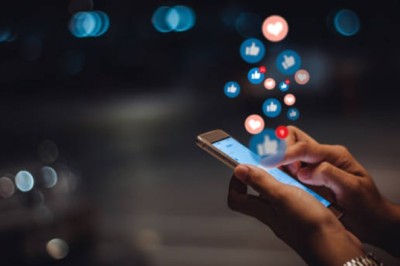
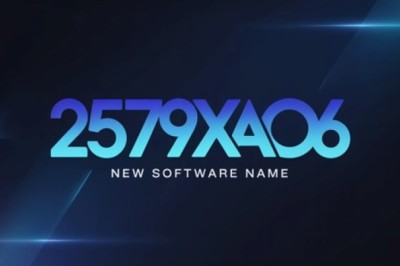


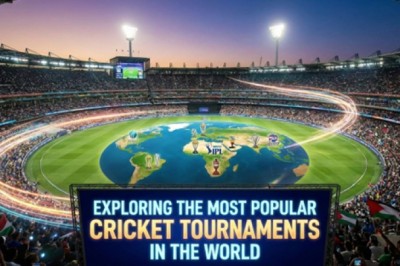

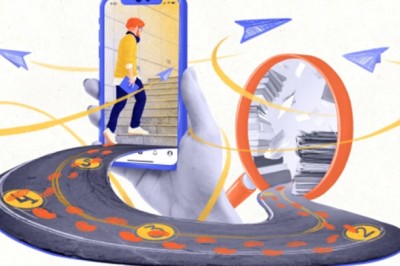
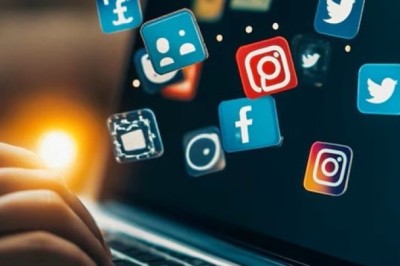



Comments
0 comment